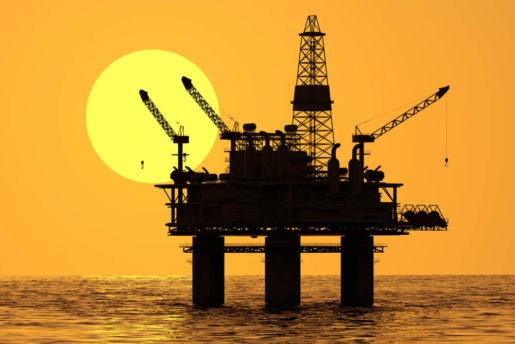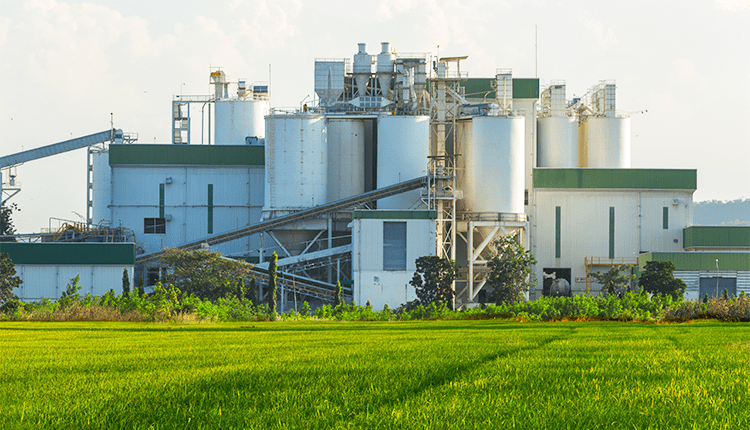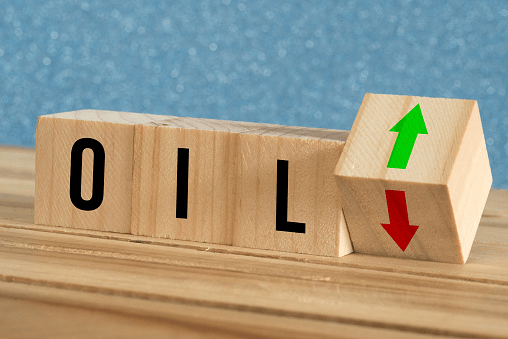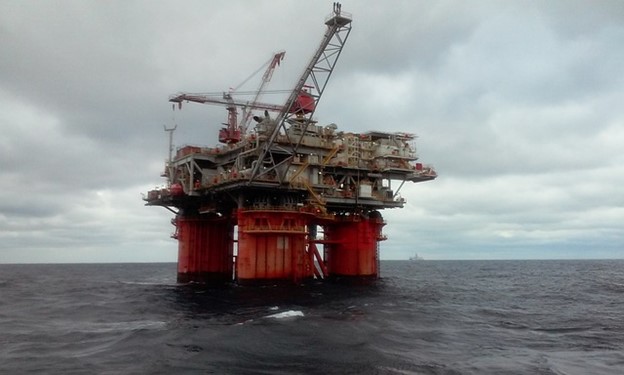Oil prices continued to rise on Thursday morning, with tension escalating between the United States and Iran in the Gulf. It overshadowed the effects of the spread of the emerging Coronavirus, which weakened demand and flooded investments with stocks.
The West Texas Intermediate crude barrel gained 9.22 percent and reached $15.12 a barrel. It boosted the profits it made at the beginning of the Asian trading session.
The price of a barrel of Brent North Sea oil also increased by 9.03 percent to $22.21 a barrel in the first exchanges in Asia.
In Asia, too, Chinese stock markets opened higher Thursday, influenced by improvements in Wall Street and oil prices.
Markets remained calm after the sharp fluctuations in recent days with the historic collapse in US crude prices. Which forced brokers to pay buyers to persuade them to acquire a commodity that no one wanted for the first time in US history.
Black gold prices have also collapsed in recent weeks. Closures were taken by authorities around the world to reduce the spread of the COVID-19 epidemic. Global demand declined while storage facilities were overwhelmed by oil.
The cost of a barrel of WTI oil for June delivery rose 19 percent on Wednesday after statements by US President Donald Trump. He threatened to destroy any Iranian ship approaching US ships in the Gulf. The Gulf is the primary area of oil transportation.
Washington says 11 Iranian Revolutionary Guard speed boats rapidly approached US ships patrolling the Gulf.
Crude oil reserves rise
In a report published Wednesday, the US Energy News Agency said that oil reserves increased by 15 million barrels last week to 535 million barrels.
And in Cushing, Oklahoma, mainly where benchmark Texas Intermediate crude barrels are stored, stockpiles have increased by five million barrels and are close to the limit.
US stocks of fuel and refined products also rose. Meanwhile, weekly consumption fell more than 25 percent over a year due to the isolation measures. Analysts believe that geopolitical tension will not have a long-term impact if the storage spots are full.
Stephen Ines, a strategist at Axecorp, said that the increase in prices depends on an immediate, coordinated move by OPEC Plus to reduce sliding to the downside or a significant and unlikely recovery of demand in May. He is referring to the agreement between the Organization of Petroleum Exporting Countries and its allies. The deal is to cut production by ten million barrels per day to try to stimulate markets.
However, experts considered that this reduction was insufficient to compensate for the declining demand. It worsened the crisis the emergence of the new Coronavirus caused. Prices continued to decline.
Under the influence of this rise in oil prices and the improvement on the Wall Street Stock Exchange in NY on Wednesday, the financial markets in China began their sessions with an increase.
In Hong Kong, the Hang Seng Index surged 0.38 percent to 23983.65 points. While the Shanghai Stock Exchange Index rose 0.23 percent to 2850.51 points. In Shenzhen, the index recorded an increase of 0.31 percent to 1777.24 points.















